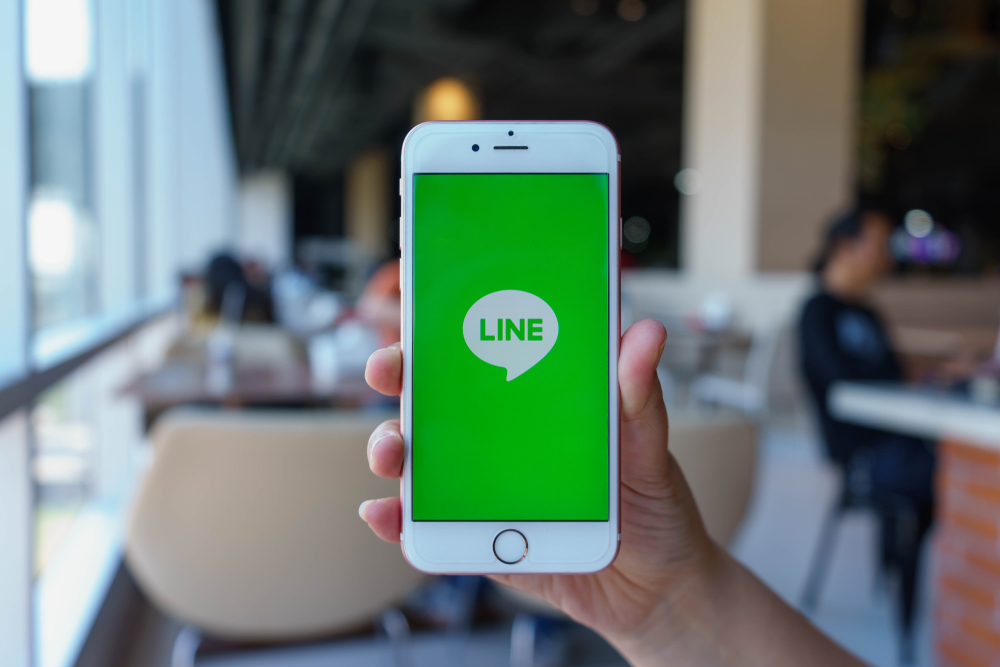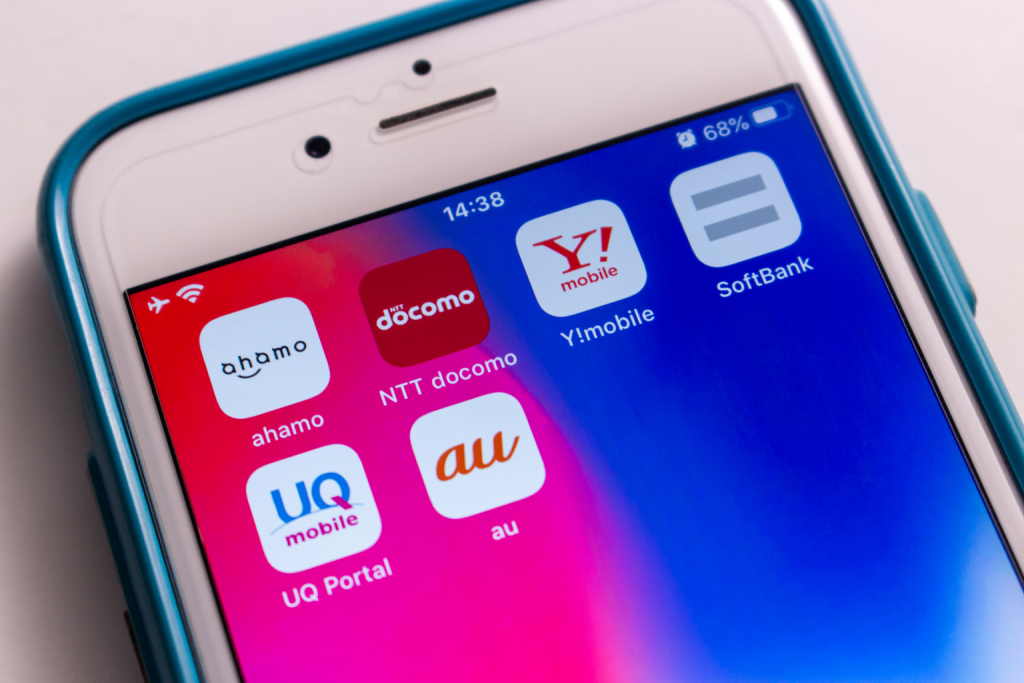There are at least two major and persistent technological fallacies about Japan. Firstly, technology is advanced and ubiquitous. Secondly – and really this one is incumbent on the first – it is therefore cheap.
Mobile phone data plans have long been a showcase for Japan’s need to catch up with its more digitally developed and consumer-friendly international peers. At the behest of Prime Minister Yoshihide Suga, who at the end of 2020 put Japan’s cellphone providers under scrutiny for their extortionate fees, several major players are offering brand-new cellular data plans with competitive pricing structures.
Currently, the average fees for mobile data in Japan are higher than in almost any other country in Asia and much of Europe – approximately double the price of data plans in London and thrice as expensive as those in Paris, two of the world’s “most expensive” cities. But recent announcements from NTT Docomo, KDDI, SoftBank, and Rakuten point to a nationwide shake-up.

KDDI, the parent company of the Au service provider, got the ball rolling in January when it announced the cheapest plan for 20-gigabyte data usage among major Japanese mobile carriers. The new plan, Povo, offers 20GB of 4G internet connectivity for only ¥2,480 per month – enough data for 240 hours of web browsing, 4,000 average-length songs or 40 hours of streamed video content in standard definition. From summer onwards, the plan will also include considerably faster 5G internet. SoftBank and NTT Docomo entered the fray with price-slashing plans of their own, coming in at ¥2,980 per month apiece.
For consumers who use hotspots for work or tend to drain their data with online gaming on the commute, several unlimited data plans have also been announced. NTT Docomo plans to offer unlimited 5G data usage for ¥6,650 per month, while SoftBank and KDDI are offering the same deal for ¥6,580 per month.
At face value the best deals of the lot come from comparative newcomer, Rakuten, which entered the market last year with its Un-Limit plan, offering unlimited data plus free text and calls when in Rakuten network areas for ¥2,980 per month. More recently, the company announced a 20GB data plan for ¥1,980 yen starting from April 1, 2021, or up to 3GB for ¥980 with the first gigabyte free. It’s worth noting, however, that according to research conducted by mobile analytics company Open Signal, Rakuten users spend most of their time connected to 4G or 5G through its partner networks, during which the data limit is capped at 2GB per month. For now, Rakuten networks are focused primarily in Tokyo, Osaka and Nagoya.
In the context of the Japanese market, the new deals are a marked improvement. Until recently, NTT Docomo monthly plans were set at ¥7,000 and up for 20GB of monthly data. For ¥5,480 you could get 20GB with Au. Softbank was charging the same price for only 5GB. All of which were often combined with antiquated piece-rate systems of charging for texts and calls. Comparisons within east Asia further highlight the need for these new pricing structures. In China you can get a 20GB data plan for the equivalent of ¥1,500; in Thailand, 30GB will knock you back ¥2,500; and in India, wherein spite of recent pricing increases the locals are privy to some of the world’s cheapest cellular data, it’s possible to get northwards of 50GB for around ¥500 per month.

The slew of new data deals also appears to coincide with the Suga administration’s move to increase digitization across Japan. KDDI President Makoto Takahashi suggested the Povo plan was aimed at people who don’t often make phone calls – which frankly is most of us the age of WhatsApp, Zoom, Facetime and instant messengers.
Softbank will be rolling out its new deal in coordination with Line Corp., owner of Japan’s premier online messaging app, Line, while NTT Docomo is in the midst of developing various partnerships aimed at streamlining tech into its services while increasing faltering profits – such as the business tie-up with MUFG Bank to offer more financial services via smartphone and their joint announcement with JR East in late-January that they’d achieved stable 5G connection on a test train running at over 220mph.
Japan’s systemic problems with outdated tech came to light big time in 2020 when much of the population was incapable of seamlessly transitioning to work-from-home-lifestyles. The new mobile data plans are great boons for the bargain-hunting consumer, but perhaps more importantly, they represent a much-needed step towards the ubiquity of tech in Japanese society.









